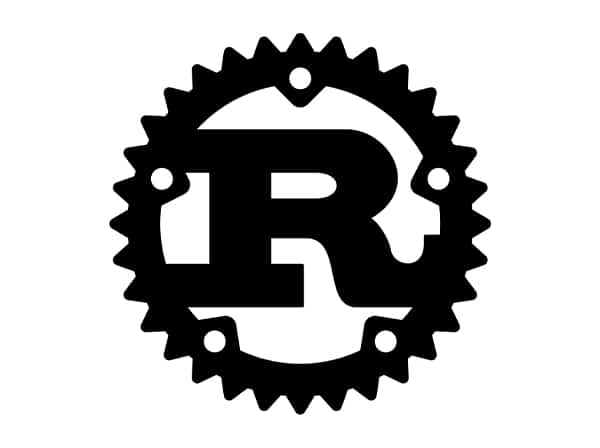Error handling is an essential aspect of programming, and Rust provides a robust error-handling mechanism that helps developers write reliable and efficient code. Rust’s error-handling mechanism is based on its built-in Result type, which is used to handle errors.
Result type
The Result type is an enum that has two variants: Ok and Err. The Ok a variant is used to indicate that a function executed successfully and returned a value, while the Err a variant is used to indicate that an error occurred.
Using the Result type is straightforward. When a function returns a Result type, it either returns an Ok value or an Err value. The Ok the value represents the result of the function when it is successful, while the Err the value represents the error that occurred when the function failed.
Here’s an example of using Result to handle errors:
fn divide(x: i32, y: i32) -> Result<i32, String> {
if y == 0 {
return Err("Cannot divide by zero".to_string());
}
Ok(x / y)
}
fn main() {
let result = divide(10, 2);
match result {
Ok(val) => println!("Result: {}", val),
Err(msg) => println!("Error: {}", msg),
}
}
In the above code, the divide function returns a Result type with an Ok variant if the division was successful, and an Err variant if the divisor is 0. In the main function, we use a match statement to handle the Result type. If the result is Ok, we print the value. If it’s Err, we print the error message.
Best practices for error handling
In addition to using the Result type, there are several best practices that Rust developers follow to write robust code:
- Handle errors at the appropriate level: Rust developers should handle errors at the level where they can be properly handled. For example, if a function can’t recover from an error, it should propagate the error to its caller. This practice ensures that errors are handled efficiently and effectively.
- Use the
?operator: Rust’s?operator can be used to propagate errors automatically. If a function returns aResulttype, the?the operator can be used to propagate the error to the calling function. This practice simplifies error handling and makes the code more concise. - Provide helpful error messages: Error messages should be clear and concise, and provide enough information to help developers diagnose the problem. Providing helpful error messages makes it easier to debug the code and fix errors.
- Use the
panic!macro sparingly: Rust’spanic!the macro should be used only when there’s no other option, such as in situations where the program is in an unrecoverable state. Thepanic!macro stops the program abruptly, which can lead to data loss or other undesirable consequences. Rust developers should use thepanic!macro only when there is no other alternative.
By following these best practices, Rust developers can write code that is both reliable and efficient. Rust’s error-handling mechanism, combined with these best practices, ensures that errors are handled efficiently and effectively, and that code is reliable and robust.




